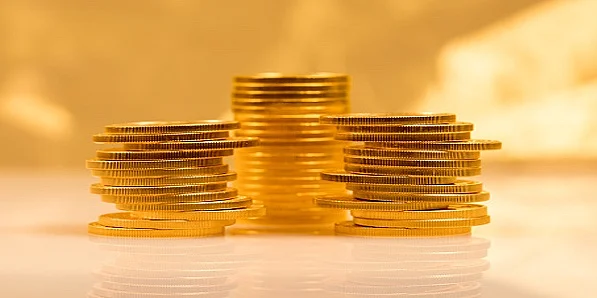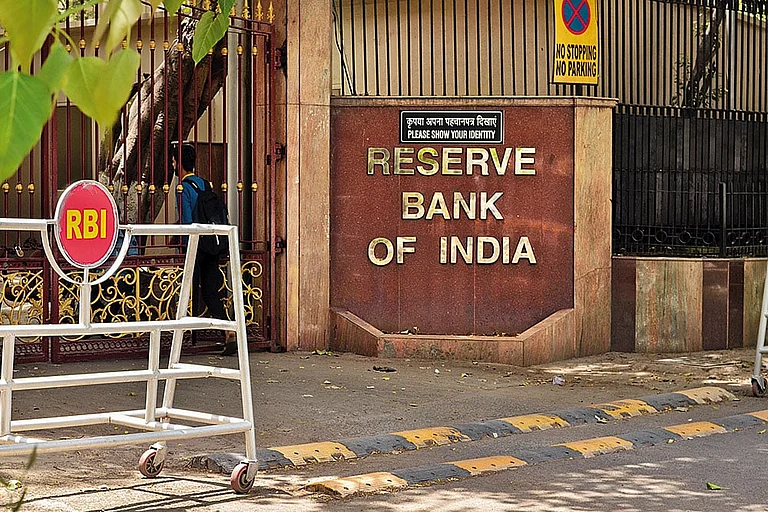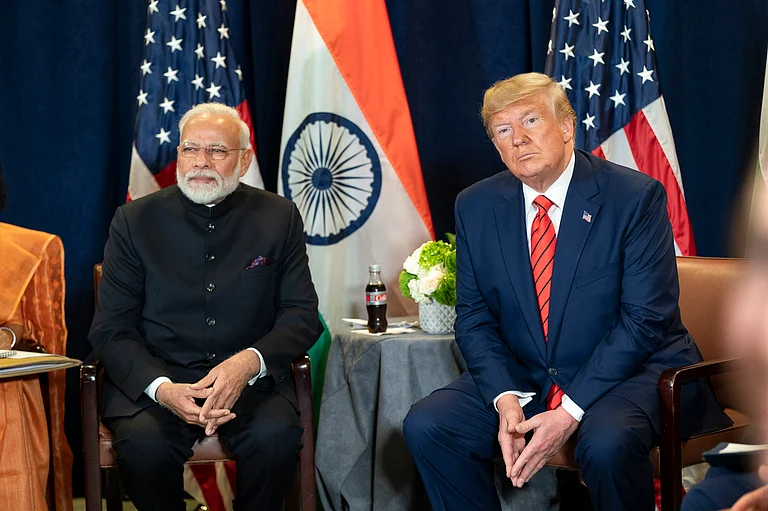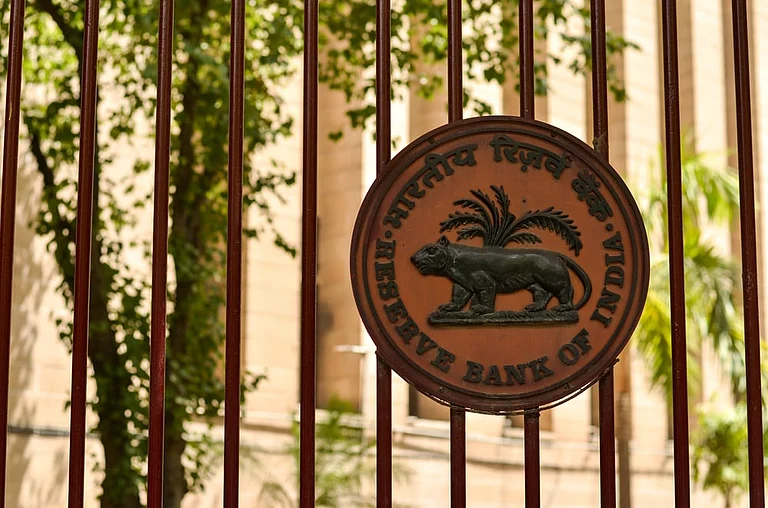The Reserve Bank of India (RBI) stated that all the Rs 10 coins in circulation are legal tender, following reluctance on the part of the public and traders to accept them because of uncertainty regarding their genuineness. Even after repeated assurances by the RBI, there is a misunderstanding in certain parts of the country regarding the genuineness of these coins.
Why Is There Confusion About Rs 10 Coins?
The authenticity issues with Rs 10 coins are due to various designs being introduced into circulation. The RBI has introduced 14 various Rs 10 coin designs since their introduction, each of which has been introduced to commemorate different historical, cultural, and social milestones. This multiplicity has generated confusion among the general masses because some have mistakenly thought that certain designs are counterfeit or outdated.
Fueling doubts further, rumours and misinformation, which frequently come through social media and word of mouth, have generated doubts concerning the genuineness of the coins. Few traders and vendors decline to take them in payment, lest their banks refuse them at the time of deposit.
RBI's Position Regarding Rs 10 Coins
The RBI has repeatedly dispelled these fears, emphasising the point that all Rs 10 coins, regardless of design, are legal tender. The central bank has assured the public that coins are produced at state-approved mints and undergo strict security and quality tests before being put into circulation.
In its official public declaration, RBI announced that the Rs 10 coins would be accepted by all banks and recognised in all exchanges and transactions. RBI has also urged people to not stop usage of these coins, as the refusal of the coins' acceptance leads to tardiness in business transactions on a daily basis and results in unnecessary economic inconvenience.
How Are Rs 10 Coins Treated By Businesses And Banks?
The RBI directed all banks to receive Rs 10 coins from their branches and inform customers of its genuineness. Even after such instructions, there has been a reference to some bank branches falling behind in the acceptance of large amounts of coins, which causes reluctance of traders.
The RBI has again asserted that denying legal tender is contrary to monetary instructions. Merchants, businesses, and banks have been asked to go ahead with transactions without fear and not deny good money.
What Can Be Done To Suppress Misinformation
To counter this, the RBI has issued periodic press releases and awareness campaigns to inform the public about the genuineness of Rs 10 coins. There is still confusion prevailing, and additional educational and awareness steps are needed.
The RBI has requested individuals to verify facts prior to believing or passing on rumours of invalid currency. It has further requested individuals to report cases in which Rs 10 coins are declined so that the offenders are penalised.
Despite repeated assurances by the RBI, there is suspicion against Rs 10 coins due to ignorance and misinformation. The central bank has emphatically stated that all the Rs 10 coins ever minted are legal tender for transactions and do not have to be rejected.
The RBI also maintains that public acceptance of all forms of legal tender is vital in order to keep it simple and easy to make transactions. As the banking system actually enhances the validity of such coins, it is imperative that consumers and businesses have trust and utilise them without hesitation.














